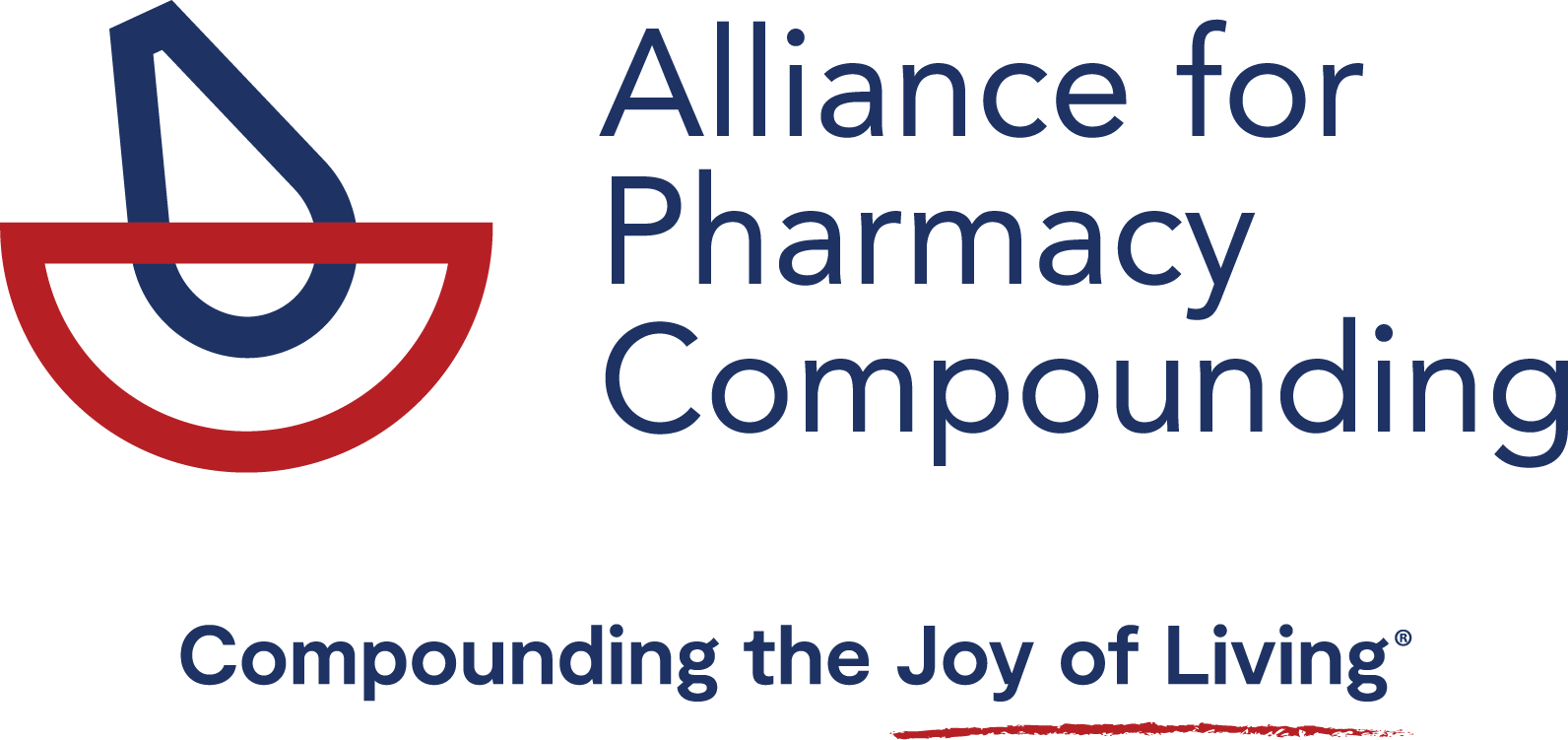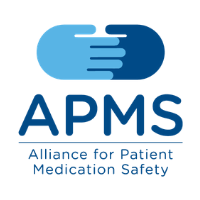June 1, 2021
Storing Medications Appropriately
Jawaher E Ghazoul, NEOMED, Class of 2023
Think about how you store your medications. Do you keep medications in the fridge when they need to be refrigerated? Are they placed in your bathroom medicine cabinet, which gets hot and humid every time a shower is taken? Are they on the kitchen window sill so you will not forget to take them, but are exposed to direct sunlight? When traveling, do you leave medications in a very hot car?
Medications come in many forms: capsules, tablets, liquids, creams and more, and each has different properties and purposes. However, one common feature all medications share is that in order to maintain their integrity and potency they should be stored appropriately.
With summer coming, it’s a good idea to think about how to safely store your medications, whether at home or on the road. While most medications come with recommendations (take a look at the extra labels or the box), here are some helpful tips. Don’t forget, you can always ask your compounding pharmacist about the best storage method for your specific medications.
General Tips for Safely Storing Medications
Consider Temperature: Many medications should be stored at room temperature and in a cool, dry place, like a dresser drawer or closet. Some require refrigeration, like certain antibiotics. Check with your compounding pharmacist to see which at temperature your specific medications should be stored.
Avoid Sunlight: Make sure your medications are stored in areas away from direct sunlight. This warms and can directly interact with the medication. Sunlight can actually make them less potent.
Mail-order Medications: Make sure someone is available to pick them up and store them in the correct location as soon as possible, especially if refrigerated. Medications should not be left outside or in a mailbox for long periods of time if possible.
In the Car: Keep your medications in a climate-controlled area of the car, not in the trunk or in the glove compartment. Keep refrigerated medications in a cooler with ice bricks if needed, but don’t let them freeze. Never leave medications in a parked car, which can reach temperatures of up to 140 F on a hot day.
On a Plane: Always keep your medications in your carry-on bag, instead of in checked-in luggage. It’s also helpful to keep a list of all of your medications, in case they are lost or damaged.
Remember, your compounding pharmacist and your prescriber are great resources if you are ever unsure about how to specifically store your medication or if you have concerns that you may have been storing medications incorrectly.
Should you have trouble finding your commercially made medications, hand sanitizer, or immune boosting vitamin supplements, please consider contacting a compounding pharmacist near you. They’re happy to help you with your health concerns, especially during this difficult time.
Connect with P3 on social media! Please “like” or “follow” our pages and we will provide updates about compounding can help you and your family, and how to advocate to protect your access to customized medications.
















![Topi-CLICK a Division of TEAM Outlines[1]](https://a4pc.org/files/Topi-CLICK-a-Division-of-TEAM-Outlines1.png)




















